Iran says 'path clear' for nuclear deal implementation
Ali Akbar Salehi's remarks come a day after UN inspectors said Iran had started to dismantling its nuclear programme
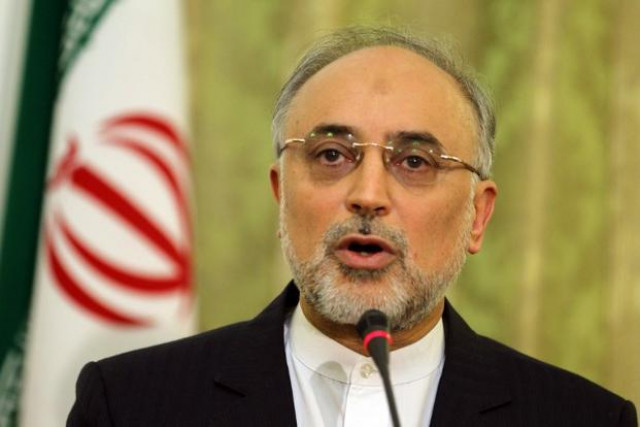
Iran's nuclear chief Ali Akbar Salehi. PHOTO: AFP
Ali Akbar Salehi's remarks came a day after UN inspectors reported that Iran had started to dismantle parts of its nuclear programme in compliance with the agreement struck in July with the United States and five other leading states.
However his statement spoke mostly of planned alterations to Iran's heavy water reactor at Arak, which under the deal is to have its core removed and filled with concrete so that it cannot produce substantial quantities of plutonium.
The changes, made with foreign help, will cut off a possible route to an atomic bomb, with the reactor being used for research. All its spent fuel is to be shipped out of the country. Iran has always denied seeking to develop a nuclear weapon.
'Death to America' stands despite nuclear deal: Iran MPs
Salehi, quoted by the official IRNA news agency, said foreign ministers of the P5+1 group - Britain, China, France, Russia and the US plus Germany - had now signed a formal document relating to the Arak reactor's "redesign and modernisation".
"The other side has guaranteed to cooperate. The path is clear for full implementation of JCPOA," Salehi said, referring to the nuclear deal by its official name, the Joint Comprehensive Plan of Action.
In exchange for scaling back its atomic activities the six world powers have agreed to lift nuclear-related sanctions imposed on the Islamic republic.
The July accord was formally adopted by all parties on October 18 and "Implementation Day", when it enters into force, is expected in the coming months.
On Wednesday, the International Atomic Energy Agency said Iran has started to remove centrifuges - giant spinning machines that enrich uranium - and related atomic infrastructure at its Natanz and Fordo nuclear sites.
The IAEA report said Iran had taken out 4,500 centrifuges, around a quarter of its estimated 19,000 total, showing Iran has some way to go before all its commitments are met. Under the deal Iran is to keep 5,000 active centrifuges.
Iran to meet Rouhani timetable on ending sanctions-nuclear chief
No preparatory work has yet taken place at Arak, the IAEA's report added, and Iran's stock of enriched uranium grew to about 8.3 tonnes (18,300 pounds), an increase of 460kgs.
Asked about the IAEA report, Salehi said the necessary work was "time consuming" but under way.
"It pointed out that Iran has met its commitment without deviation," Salehi said of the report.
As well as verifying that Iran downscales its activities, the Vienna-based IAEA is still probing allegations that at least until 2003, Iran conducted research into developing nuclear weapons.
The UN agency aims to compile a final report on these so-called "possible military dimensions" of Iran's activities by December 15, although diplomats say it could be released earlier.
Iran says the allegations are false and based on bogus intelligence.

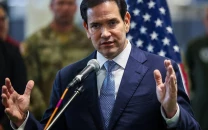
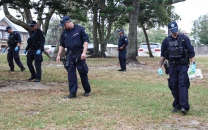
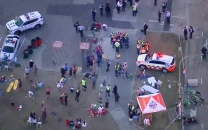
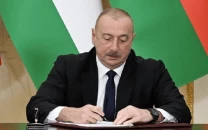

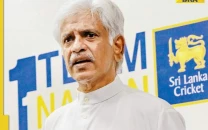
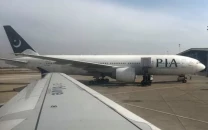




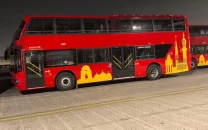






COMMENTS
Comments are moderated and generally will be posted if they are on-topic and not abusive.
For more information, please see our Comments FAQ